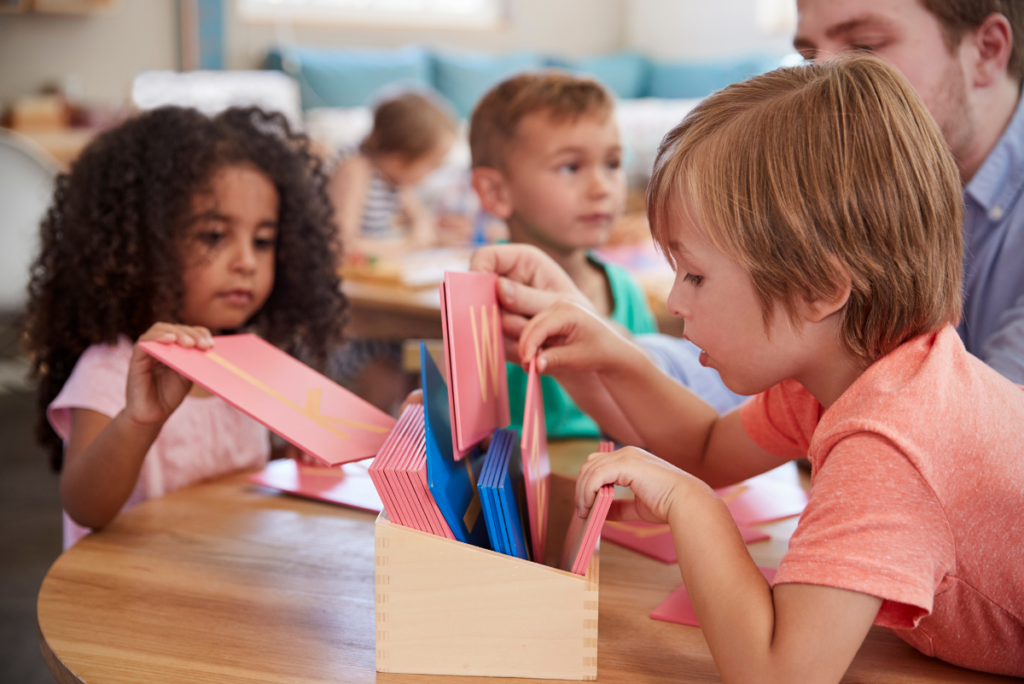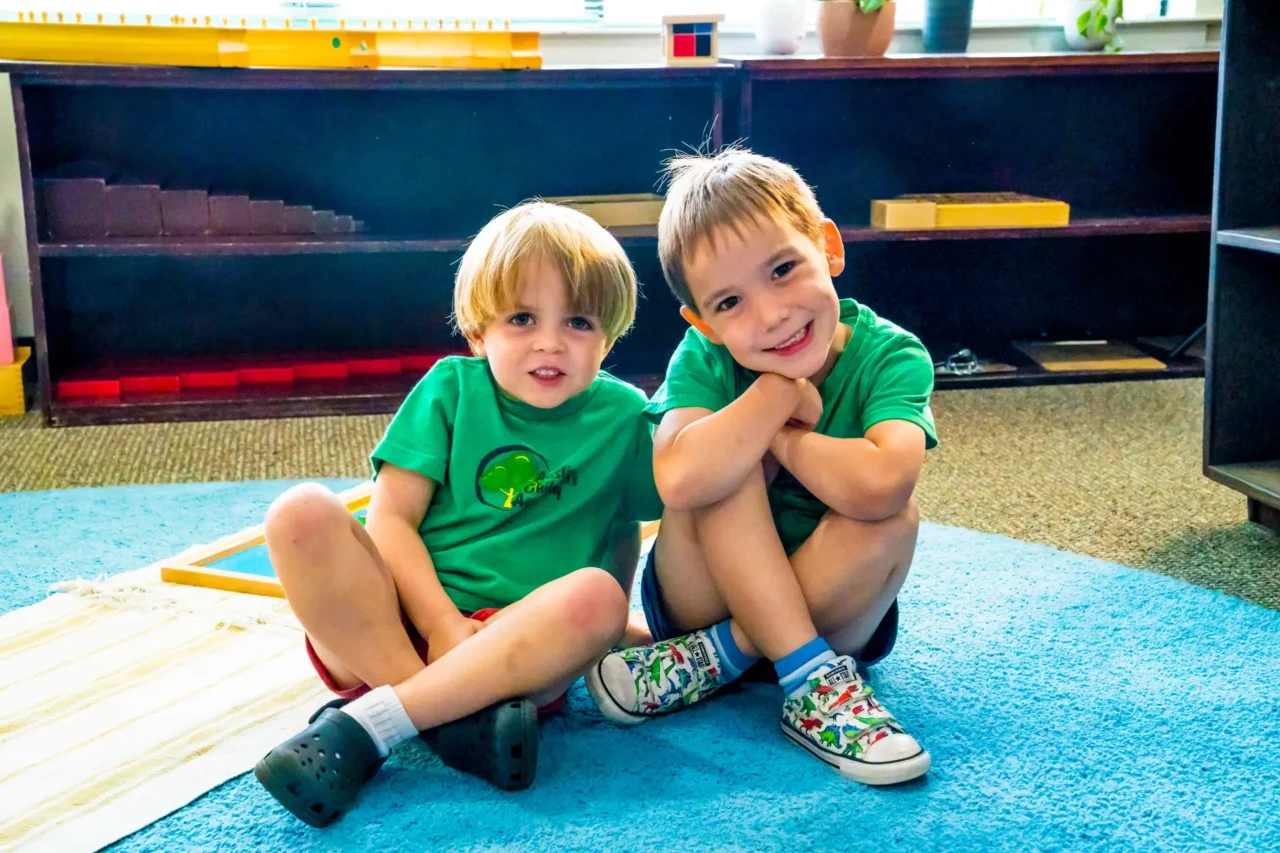
Morality is derived from the Latin word moralis, which means “custom.” When a child learns the morals of society, they are simultaneously adapting to social life and culture—both their own and that of others. Learning the morals of society begins at birth and continues throughout a child’s entire life.
Before they develop a moral conscience, young children have a fundamental desire to be loved. When this need is fulfilled, those positive experiences become their foundation for morality later in life.
The first relationship is between a mother and child, but as time goes on a child will branch out and create relationships with other members of the family, friends, and neighbors. Children absorb absolutely everything in their environment, which is why it’s important to make note of the ethical behavior and empathetic attitudes being showcased by the adults in their circle.
Social Structure and Moral Development
A child’s moral development is tied to their social development, which is something that Montessori education focuses on. In order to live alongside one another in harmony, there needs to be some sort of social structure—and that structure should be respected. That’s where morals come in.
In a Montessori classroom, ground rules help children learn boundaries. These rules help them to develop patience and concern for others, two qualities that foster morality.
These rules include the following:
A child is free to choose their own activity once they are introduced to it.
- This freedom of choice hinges on a child choosing for themselves what they need based on their development.
Only one of each activity is available.
- This helps children learn to wait and find other activities to complete in the meantime.
Children may use a material for as long as they wish.
- This teaches patience and to quell impulses.
Each activity must be put back on the shelf ready for the next person to use it.
- This teaches a child to respect their materials and their peers. This instills morality and a sense of community in a child as they are asked to look beyond their own needs.
Children are free to move around the room and talk among each other.
- Children can choose partners of different ages and genders within their mixed-age classrooms, which encourages tolerance, collaboration, protection, admiration, and a celebration of differences—all pillars for morality.
Along with these rules, guides in Montessori classrooms will also encourage children to identify their feelings and work through them. They provide the language that children might not yet have, language that they need to effectively communicate with others.
Over time, children recognize that they are an integral part of the group, and as this social awareness builds, they consistently act with morality—with the well-being of others at the forefront of their minds.
Ways to Encourage Moral Development
We may place a good amount of concentration on fostering morality at school, but the practice must be continued at home for it to be genuinely instilled in a child. Here are some things you can do at home to continue the development of your child’s morals
- Create a warm, nurturing, empathetic relationship with your child. For a good amount of time, you are your child’s whole world—and if you are benevolent and safe, they will trust that the world is benevolent and safe. They will have a desire to model your kind and caring behavior, creating a better world for everyone.
- Always tell the truth in front of your child and search for ways to model patience, integrity, and honesty—in small or big ways. Children notice everything.
- Be warm and responsive, as well as firm and direct. If you teach respect through your parenting child in the manner of respecting your child, they will mirror that behavior back to you and toward others.
Morality at ACA
At Austin Children’s Academy, our children are part of a respectful, honest, moral community. To learn more about our school or to schedule a virtual tour, reach out to us today.





